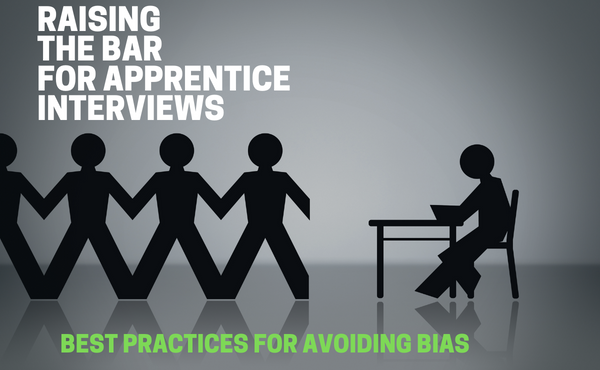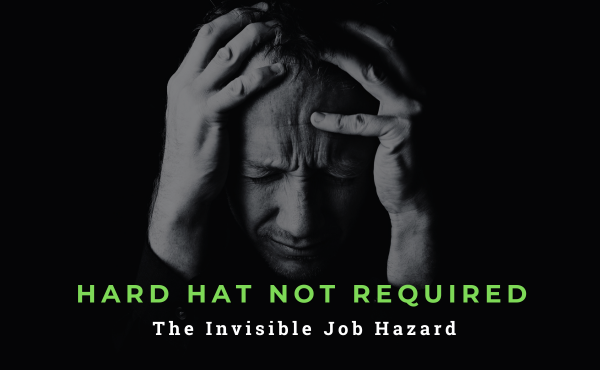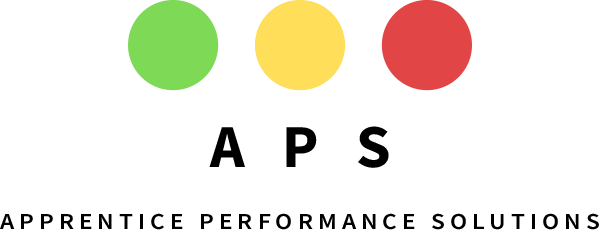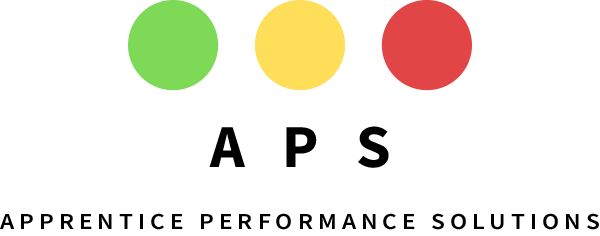Raising the Bar for Apprentice Interviews
Best Practices for Avoiding Bias

So, you're gearing up to interview some apprentice candidates - That's awesome! But before you jump right in, let's talk about why being fair when interviewing is so important.
Listen, we all have biases, whether we realize it or not. But, when it comes to interviewing, those biases get in the way of fairly evaluating the candidates. It's not just about finding a good person - it's about finding the best person for the job. And, if you're not being fair, you might miss out on some truly talented individuals while also creating unwanted liability issues for a program trying to do its best.
Let's look at some interview and hiring studies - One study found that resumes with "white-sounding" names were more likely to get a callback than those with "black-sounding" names. And "male-sounding" names were more likely to get a callback than "female-sounding" names. That's pretty messed up. But it's also a reminder that our biases can often affect important decisions, even when we're not aware of them.
So, what can your program do to be fair when interviewing apprentice candidates?
Tip #1: Use structured interviews. Structured interviews are like a recipe for fairness; you ask the same questions in the same order for every candidate. This helps avoid unfair comparisons between candidates and prevents personal biases from sneaking in. On the back end, you have to have objective scoring, and it cannot be "hey, I really like that candidate" without some idea of the foundational elements that go into the evaluation process.
Tip #2: Ask open-ended questions. Avoid leading questions that steer candidates towards a particular answer. Instead, ask open-ended questions that encourage candidates to provide detailed answers in their own words. This will give you a better sense of their skills, potential, and personality. Think of it like fishing – give them a line and let them reel in the answer.
Tip #3: Establish clear evaluation criteria and use this in discussing the final determinations of candidate eligibility. Before the interview, establish clear criteria for evaluating candidates before the interview, and share them with the panel. This can help ensure that all candidates are evaluated on the same criteria. Think of it like setting up a game – everyone knows the rules, so everyone has a fair shot at winning. And when making final decisions, have the discipline to stay on that criteria.
Tip #4: Avoid stereotypes. Don't make assumptions based on the candidate's gender, race, or socioeconomic status. Everyone deserves a fair chance to succeed, regardless of their background. Think of it like a box of chocolates (said Forrest Gump) – you never know what you're going to get, but every piece is worth trying.
Tip #5: Train interviewers. Make sure all interviewers are trained on best practices for avoiding bias and provided with guidance on how to conduct fair and unbiased interviews. Think of it like training for a marathon – with practice and preparation; you can improve your skills and perform at your best.
By being fair in your interviews, you're not just doing the right thing - you're also helping to build a more diverse and skilled workforce. And that's something we can all get behind.









Accurate Screening of Apprentices in Four Steps
A Realistic Job Preview
Start with a brief online video that explains a career in union construction. The video is helping people have the right understanding of :
- What it means to have a career in construction
- What to expect – an honest look at the good and the bad
- What the union expects of t
- What to expect – an honest look at the good and the bad
- What the union expects of them
Candidates Completes APS Success Profile
A 60-min online based test. The assessment evaluates candidates’ aptitude, personality, and cognitive capabilities related to a career in construction.
Your Program Receives Assessment Results Online
Assessment results are returned with easy-to-use “traffic light” indicators (green, yellow, and red) to group applicants by assessment score and mechanical reasoning capability.
Interviews are Held with Behavior Based Questions
Interview is based on a technique that research has shown to be 4x more effective at predicting success than traditional interviews.


